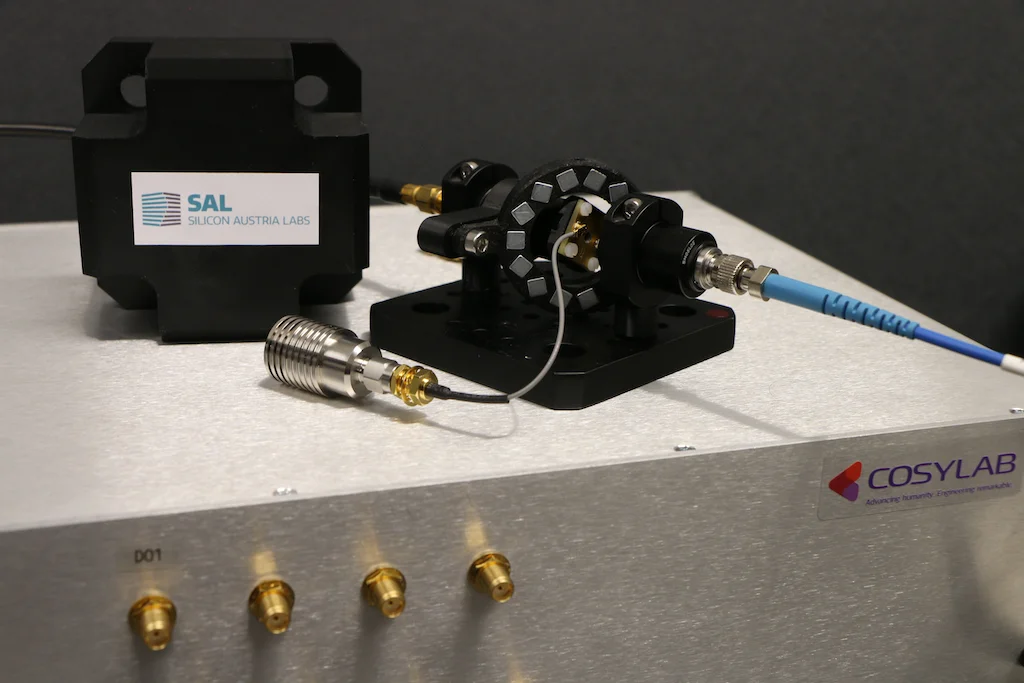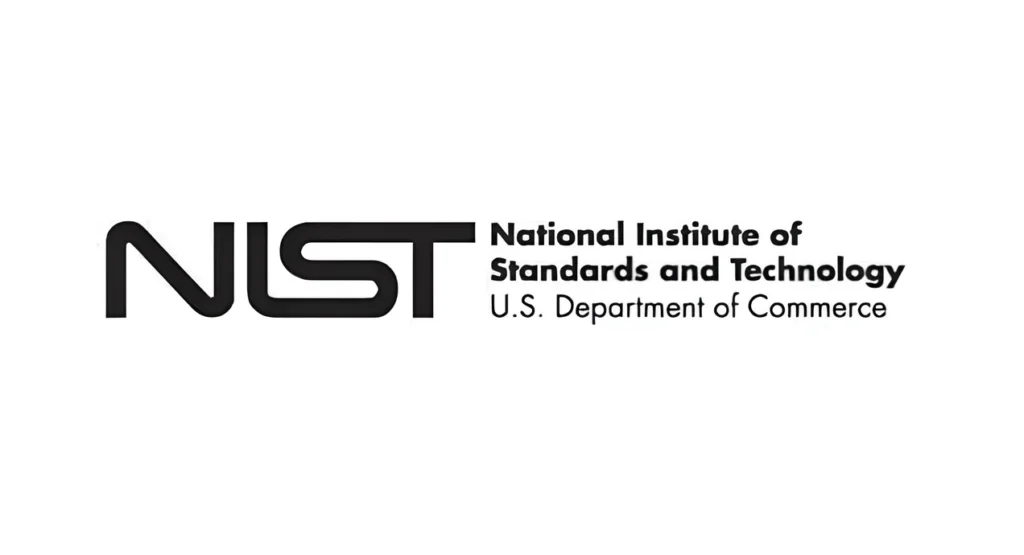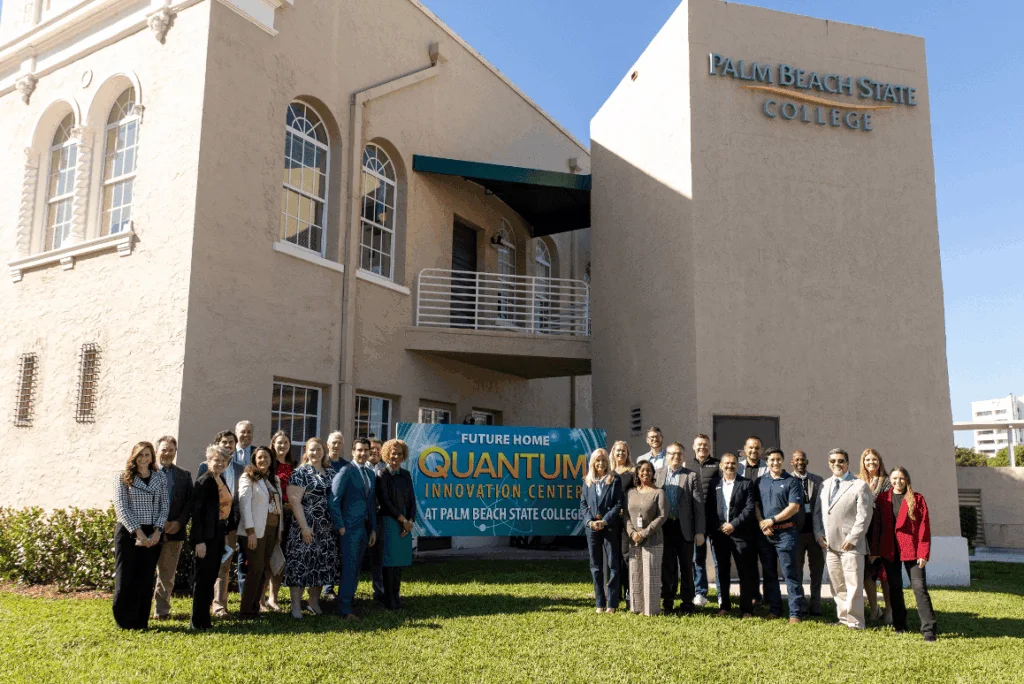
Tune, Stabilize, Optimize
“In the world of quantum technologies, where data acquisition is expensive and the parameter space is large, it is a massive challenge to develop software to characterize and control qubits at scale.
And that’s the thing — characterize and control qubits at scale.
Those are the words of Vishal Chatrath, Co-Founder and CEO of QuantrolOx, a UK-based startup he co-founded in 2021 along with Professor Andrew Briggs, Professor Natalia Ares and Dominic Lennon.
The startup’s software is tackling this crucial pain point in quantum computing (QC) and is sure to be an important player in the years to come in accelerating the development of the industry.

QuantrolOx Funding Round
Fresh off a £1.4-million Seed funding round led by Nielsen Ventures and Hoxton Ventures, the cash will help develop QuantrolOx’s automated machine learning-based control software for quantum technologies to tune, stabilize, and optimize qubits.
Jussi Sainiemi, a Partner at Voima Ventures, which also took part in the round, said on the founding group and wider team:
“Since the first meeting I knew that the team is top-notch and has created a unique approach that can significantly accelerate the development of quantum computing. You rarely see this much subject knowledge and high level of experience in a startup at this stage.”
But let’s not take Sainiemi’s word for it alone — here’s a little information about the stirring co-founders in question:
QuantrolOx’s Executive Chair is Professor Andrew Briggs, the inaugural holder of the Chair of Nanomaterials at the University of Oxford. His research interests focus on materials and techniques for quantum technologies and their incorporation into practical devices. Current hot topics include vibrational states of nanotubes and charge transport through single molecules in graphene nanogaps and machine learning for characterizing and tuning quantum devices. He has more than 600 publications, with over 27,000 citations.
Briggs obtained a Ph.D. in Physics and Chemistry from the University of Cambridge.
Already introduced to the reader, Vishal Chatrath is the startup’s CEO. Chatrath is a serial deep-tech entrepreneur. Previously the CEO and Co-Founder of Secondmind, an AI company, Chatrath’s work experience spans fundamental research, manufacturing, operations, R&D, product management, corporate strategy and business development.
Chatrath was previously Head of Automotive at Nokia, Founder of Chleon Automotive and Chief Business Officer of VocalIQ, which was acquired by Apple in 2015. He acts as an advisor to Silo AI, PolyAI, Alpha Diagnostics and BioInception Labs.
Chatrath received a Master of Engineering in Opto-electronics from the National University of Singapore.
Professor Natalia Ares is the startup’s Chief Scientist. A Royal Society University Research Fellow at the University of Oxford, she has recently been awarded an ERC Starting grant. Her group focuses on experiments to advance the understanding of thermodynamics in nanoscale devices and on the development of artificial intelligence for quantum technologies.
For her Ph.D., Ares focused on silicon technologies for quantum computing at CEA Grenoble, France.

Dominic Lennon is Head of Quantum Technologies at QuantrolOx. A final year DPhil student working in the Ares group to automate the control of quantum experiments using machine learning methods, Lennon studied a combined Masters in Physics at the University of Sussex; eventually working with Prof Winfried Hensinger to automate the stabilization of ion traps.
In 2017 he graduated and moved to study his DPhil at the Materials Department at the University of Oxford where he helped initiate the Ares groups Machine learning for quantum devices project. Since joining, the project has grown to employ 12 other full-time researchers and has published multiple high-impact papers in Nature family journals.
This team and the funding received, no doubt, will see QuantrolOx’s IP targeting solid-state qubits and bringing the QC industry to new heights of discovery and success.
If you found this article to be informative, you can explore more current quantum news here, exclusives, interviews, and podcasts.
















